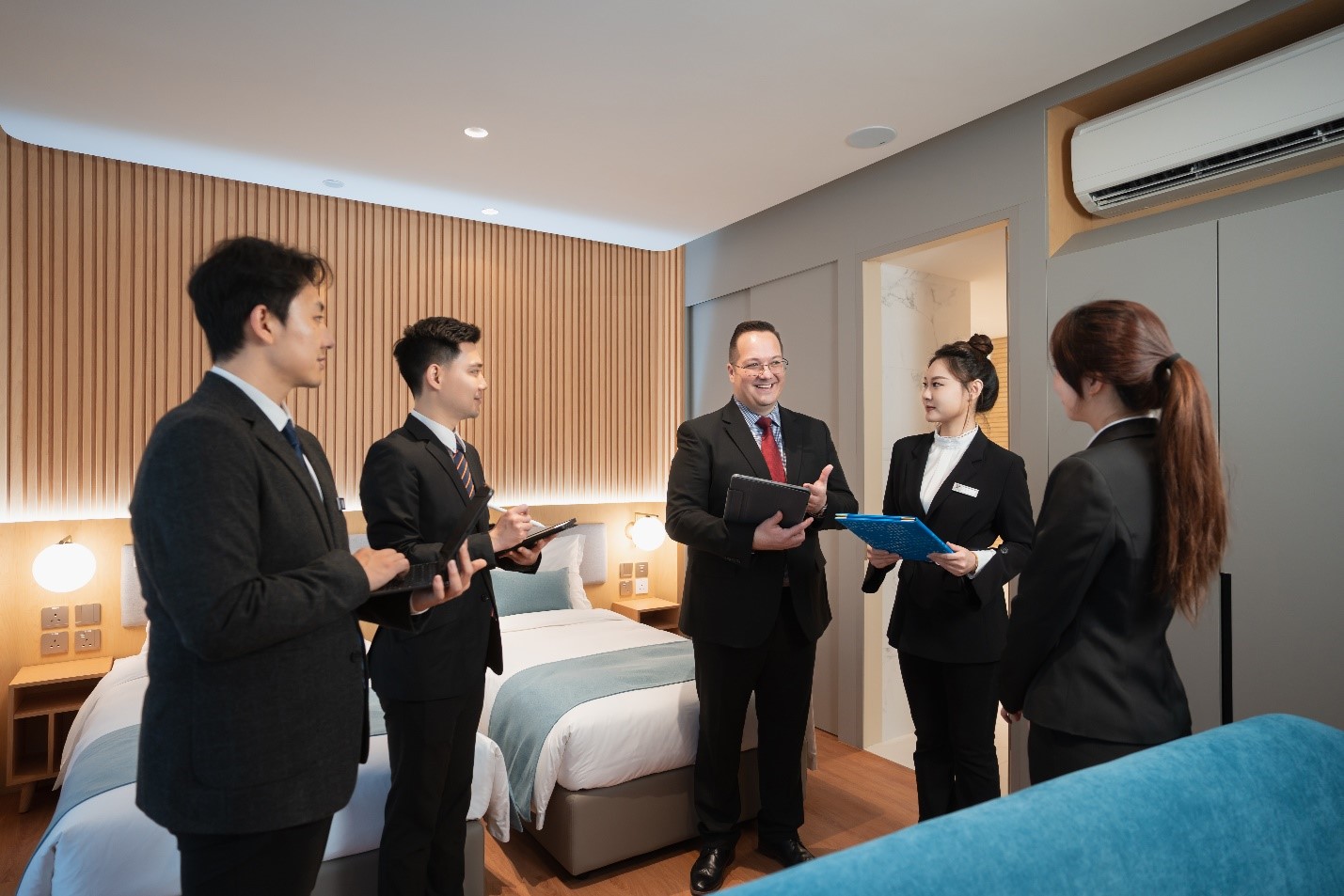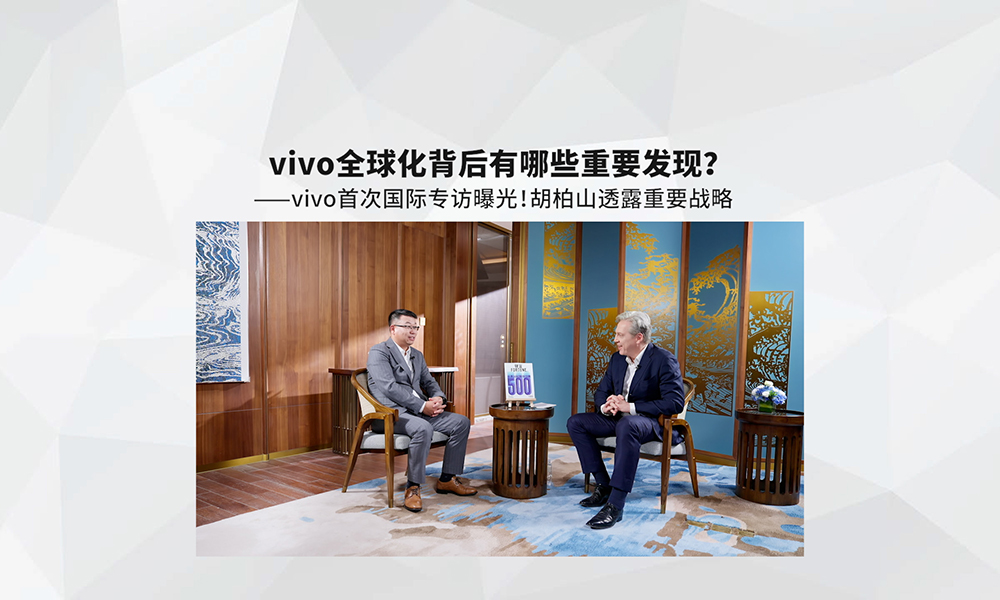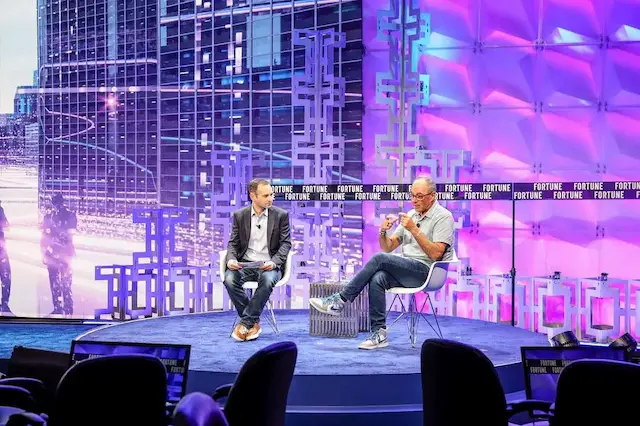创业传奇:Zipcar创始人转战新市场
|
和许多创业者一样,罗宾•蔡斯创业的点子同样源于自己的个人生活经历。12年前,现年54岁的蔡斯成立Zipcar公司时,她家正需要第二辆车,但只会偶尔使用。结果如何?她在波士顿创办的这家公司成了全球领先的汽车共用网络,2011年公司年收入达到2.42亿美元。2003年,蔡斯辞去CEO职位,目前正在经营Buzzcar公司,帮助车主在法国出租自己的车辆。她拒绝透露这家公司的具体盈利情况。Buzzcar公司的联合投资者是一家支持可持续交通的法国公司Mobivia。下面就是罗宾•蔡斯的创业传奇: 我父亲是一名美国外交官,因此,我曾经在多个国家居住。我的成长期主要是在斯威士兰度过,这样的经历也造就了我的全球视角。我母亲是一位极其优秀的企业家。她曾在多个国家创办各种手工作坊,涉及的产品种类从手绢到服装设计,可谓五花八门。 后来,我去巴黎读大学。1980年,我从威尔斯利学院( Wellesley College)毕业,获得了文科学位。之后,我前往波士顿卫生保健研究及培训机构JSI工作,该机构接手了多个美国国际开发署(U.S. Agency for International Development)公共健康领域的大合同。在那里,我见识了没有任何金融背景的人如何进行项目运营,所以我决定到商学院继续深造。 1986年,从麻省理工大学斯隆管理学院(MIT Sloan School of Management)毕业,我心怀壮志,但同时却要抚养孩子。我有三个孩子,分别相差三岁。从商学院毕业到成立Zipcar期间,我有时会做全职工作,有时会做兼职,或者根本没有工作时间,一切取决于孩子的年龄,以及我丈夫的工作。我丈夫(罗伊•拉塞尔)是一位语音识别领域的电气工程师。1999年9月,我与安特耶•丹尼尔森闲聊时,她提到曾经在柏林见过汽车共用服务。安特耶是德国人,她的孩子是我六岁孩子最好的朋友。当时,我待业在家已经有一年时间,正在寻找创业的机会。 我和丈夫住在马萨诸塞州的坎布里奇。我很少开车,所以我不用再买一辆车。其实,我希望能按小时或按天租车,不必非得拥有一辆属于自己的车。所以,汽车共用的理念深深吸引了我。 1999年,互联网的繁荣达到了巅峰。大约50%的人在上班时能够上网,25%的人拥有手机。那时的创业群体对无线网络简直就是趋之若鹜。我在与安特耶交谈时想到,汽车共用恰好体现了互联网的意义——在一大群人中共享某种资源,而Zipcar正是对无线网络的有效应用。 |
|
|
Like a lot of Entrepreneurs, Robin Chase got the idea for a business from personal experience. In the case of Zipcar (ZIP), which she launched 12 years ago, Chase, now 54, needed a second car for her family -- but only on occasion. The result? Her Boston startup has become the world's leading car-sharing network, with annual revenue of $242 million in 2011. Chase, who stepped down as CEO in 2003, is now behind Buzzcar, a service that lets car owners rent out their own vehicles in France. While she declines to reveal numbers, her co-investor in Buzzcar is Mobivia, a French company that supports sustainable transportation practices. Her story: My father was an American diplomat, so I have lived in different countries. I grew up primarily in Swaziland and have a global view of the world. My mother was incredibly entrepreneurial. She started a number of cottage industries in several countries, ranging from handicrafts to clothing design. I started college in Paris, then graduated from Wellesley College with a liberal arts degree in 1980. After that, I went to work for JSI in Boston, which handled large USAID [U.S. Agency for International Development] contracts in public health. I saw how programs were being run by people who had no knowledge of finance, so I decided to go to business school. When I graduated from the MIT Sloan School of Management in 1986, I was both ambitious and raising babies. I had three children -- three years apart -- and from the time I finished business school to the time I founded Zipcar, I worked full-time, part-time, or no time, depending on how old the children were, and my husband's job. My husband [Roy Russell] is an electrical engineer who worked with tech teams on speech recognition. In September 1999, I was talking with Antje Danielson, whose child was then best friends with my 6-year-old. Antje was German and had seen car sharing in Berlin. I'd just taken a year off from working and was looking to do a startup. My husband and I were living in Cambridge, Mass., with one car. There was no way I wanted a second car because I drove so infrequently. Instead, I wanted a car that I could rent by the hour or the day and that I didn't have to own, so the idea of car sharing instantly appealed to me. In 1999 it was the peak of the dotcom boom. Fifty percent of the population had Internet access at work, and 25% had cellphones. Wireless was the buzz of the entrepreneurial community. As Antje and I talked, I thought, Car sharing is what the Internet was meant for -- sharing specific resources among large groups of people -- and Zipcar would be a great application for wireless. |











